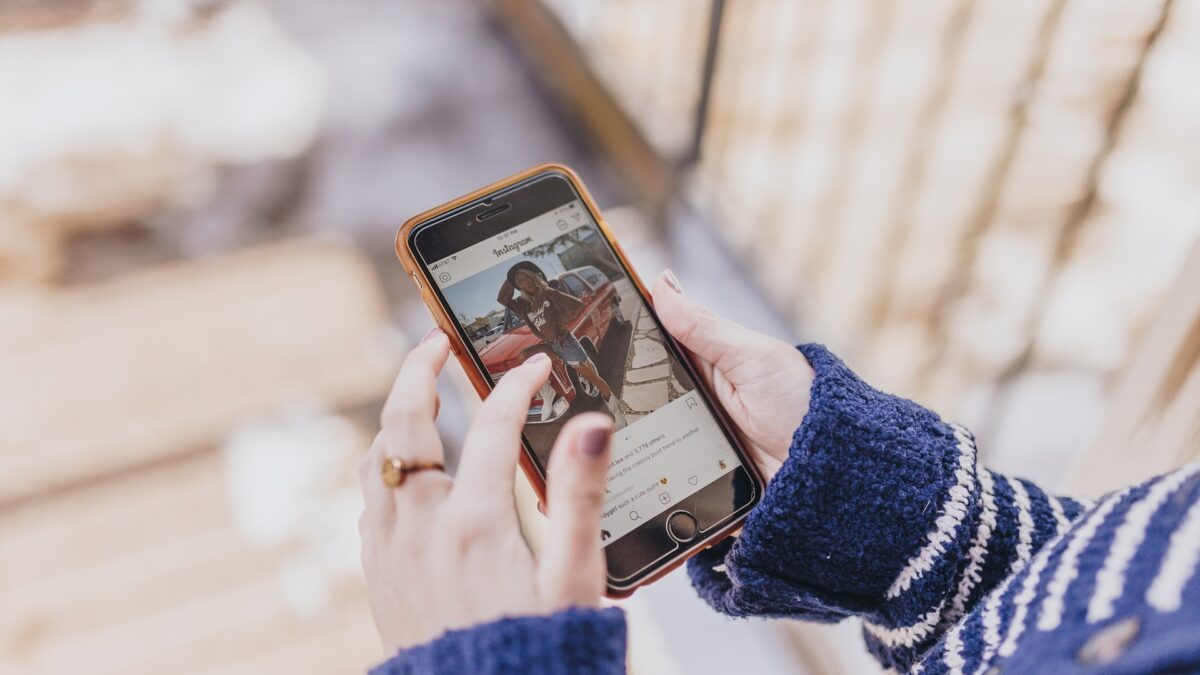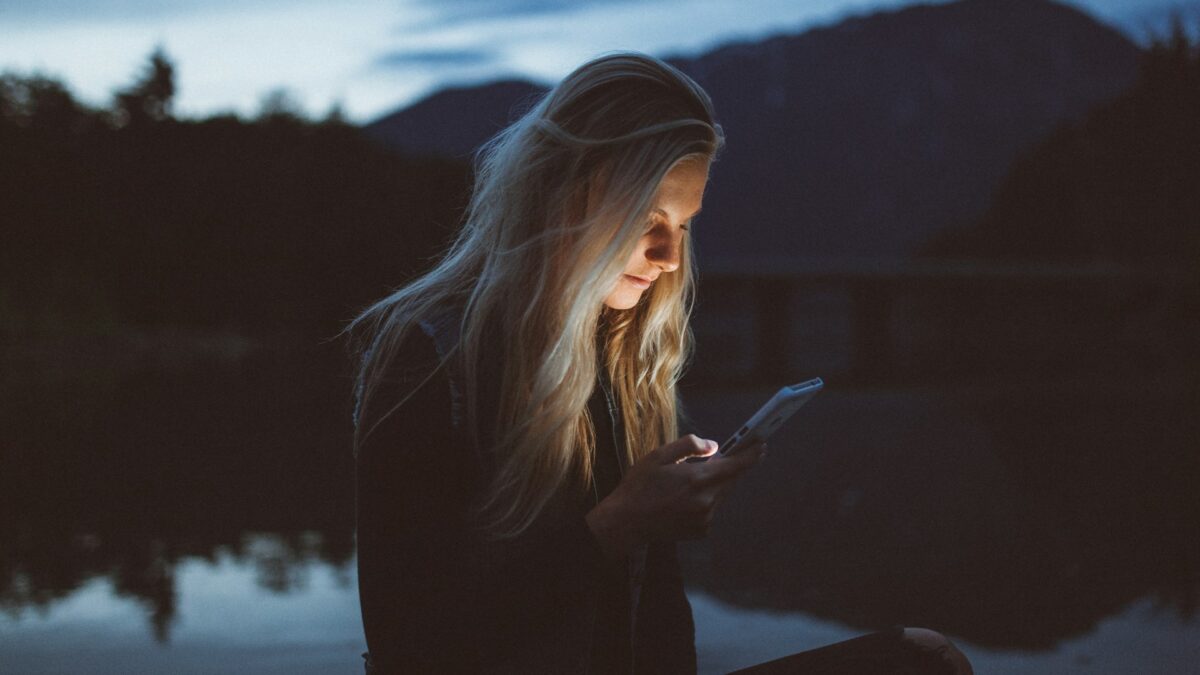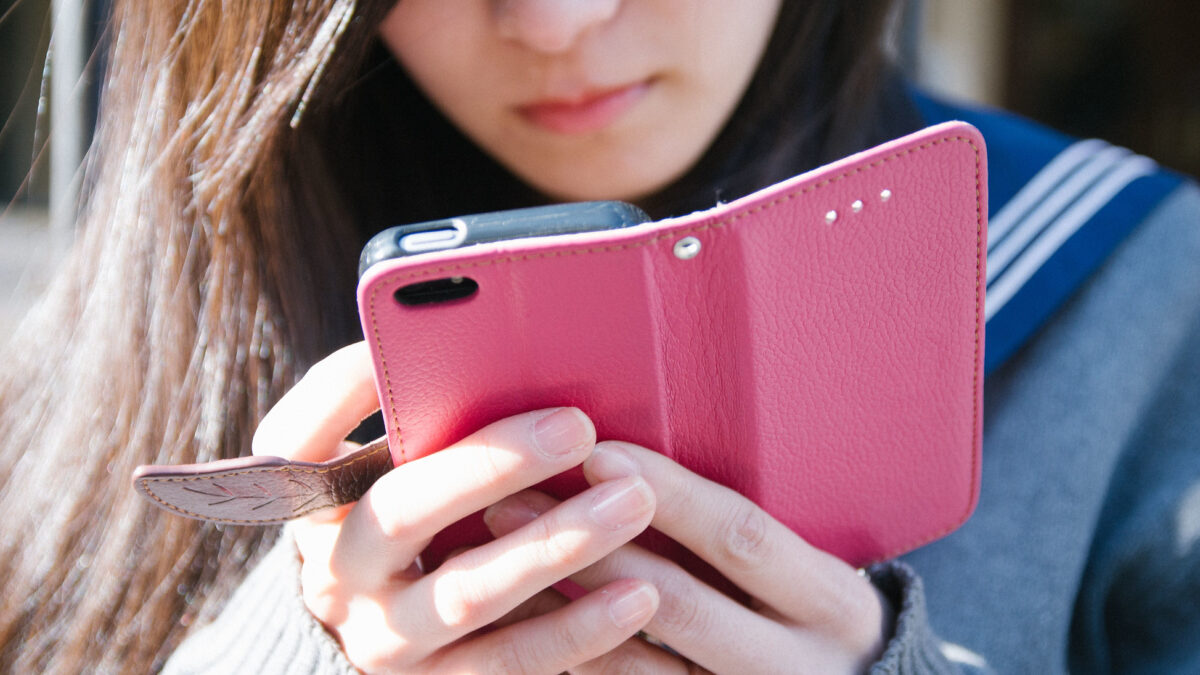In the middle of 2020, I had the opportunity to take a single, distance-learning grad class from New St. Andrews College that had a reading list crammed with books I already owned and had been wanting to read for years and from a professor I knew would push me. Although I published my own writing regularly on my blog, it had been almost two decades since I had objective feedback on my work. I wondered if I could hack it.
I talked the opportunity over with my husband, who said, “That’s a commitment. You have a lot going on. You’re going to need to cut something to make room for that class.” He was right. I was homeschooling four kids while my oldest attended the community college; I had three podcasts and two online businesses; I was the church’s women’s ministry coordinator; and even though in-person events and hospitality were more limited at the time, we were still doing what hospitality we could.
I looked at the syllabus. I looked at my calendar. I figured I would need six to eight hours a week for the class (a semester class spread over a full school year). On a whim, I opened up my phone screen time report. Woah.
Instagram was already disillusioning me. It seemed like people weren’t really reading captions, bullying was getting worse and worse, the ads were increasing, and half of them were for underwear on overweight women. Then the report told me the cold, hard reality — which was quite different from my perception.
I had spent six hours that week on Instagram. The week wasn’t yet over, and my phone said this was a downward trend. I needed six to eight hours per week for my class. Here it was: the time I needed presented to me on a silver platter, if only I would take it.
I showed my husband, who is no fan of the Facebook hegemony. “Well,” he said, “that’s a great trade!” Deleting Instagram was the thing to do, at least for the time being.
What happened next surprised me. I was not addicted to my phone. I already read books almost daily. I used my Instagram account mostly for business, not for browsing. That’s what I told myself, anyway. But with the app deleted from my phone, I’d randomly still pick it up and just stare at the screen of boring app icons.
It took me about three months, I think, to recover from the three bad habits I had built using the “I need Instagram for my business” excuse.
The first bad habit was using my phone to check out of my real life. When I just stared at my phone blankly, I couldn’t deceive myself anymore: Instagram gave me the illusion of doing something when, in fact, the whole reason I opened it was to do nothing and ignore the work I was supposed to be doing.
The second bad habit was consuming tasty morsels, one right after the other, which felt like learning or being encouraged when it was actually disengaging my brain. I didn’t have to think about what was being said because two seconds later I was on to the next thought. I didn’t have to be alone with my thoughts at all because at any point I could open up the world and escape into photos and sound bites.
But I was not expecting the third bad habit, which was the worst. I didn’t just consume sound bites, I was turning my own life into sound bites. I’d be making dinner, taking a walk with the kids, or even reading a book, and interrupt myself, thinking, “Oh! I should snap a photo. I could caption it with this clever thought.”
No matter where I was or what I was doing, I always had an excuse to disengage with the moment. I had the reward of feeling smart and getting public kudos for doing so. I realized that I’d been processing my own life through the lens of making a post.
Ever since leaving Instagram, I love how normal I feel in and about my real life. If I have something to say, I send a message to my husband or a friend. I take notes and flesh my thoughts out, processing and developing them into something long-form and more lasting, rather than getting the quick fix of instant acclimation for my own sound bite.
It is now my default setting to simply enjoy whatever I’m doing with my kids, to actually give my book my full attention, to think things through rather than jump to the zinger that’s fun to post. Before I deleted Instagram, I didn’t realize that was not my default. It took experiencing the withdrawal symptoms to see the truth.
However, there’s one final and even more important thing I learned from deleting Instagram from my phone. It’s still possible to waste time and distract myself from my work, even without my phone. Google “research,” scrolling Amazon, or letting YouTube autoplay can still serve the same mind-numbing effect which, it turns out, is actually what I craved.
Deleting Instagram from my phone taught me a lot about myself, but it was no magic pill or quick fix. Without the app, I was still the same. It stopped masking what I needed to deal with, but after that big reveal, I had to confront and resolve my issues.
So perhaps the most important lesson I learned was that uncomfortable personal growth is far more rewarding and satisfying than followers and likes. The two are not mutually exclusive, but one requires awareness while the other tends to fog awareness.









